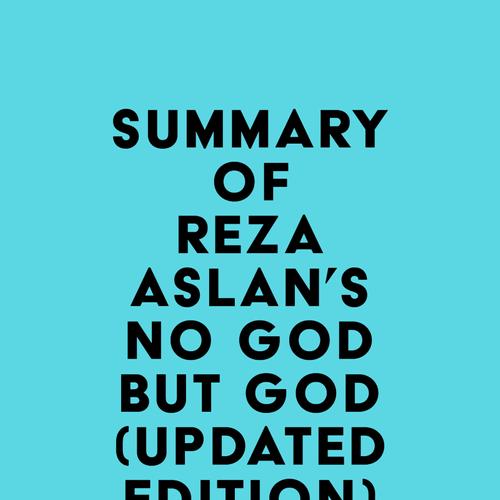Please note: This is a companion version & not the original book. Sample Book Insights:#1 The Ka‘ba is a small, nondescript sanctuary in Mecca that the pagan Arabs refer to as the Cube. It is where the gods of pre-Islamic Arabia reside. The pilgrims who visit the Ka‘ba rotate around it seven times, some pausing to kiss each corner of the sanctuary before being swept away by the current of bodies.#2 The pre-Islamic Arabs were not a unified group, but rather a variety of different tribes and sects. While they were all polytheistic, paganism, as a religious perspective, was receptive to a multitude of influences and interpretations.#3 The pre-Islamic Arabs had a complex form of neo-animism, which provided a host of divine and semi-divine intermediaries who stood between the creator god and his creation. The most powerful of these intermediaries were the three daughters of Allah, Allat, al-Uzza, and Manat.#4 The Kahins, a group of cultic officials, were the poets who served as soothsayers and would fall into a trance to reveal divine messages through rhyming couplets. The god Allah was not the central deity in the Ka‘ba, but he was the most important god in the Arab pantheon.
